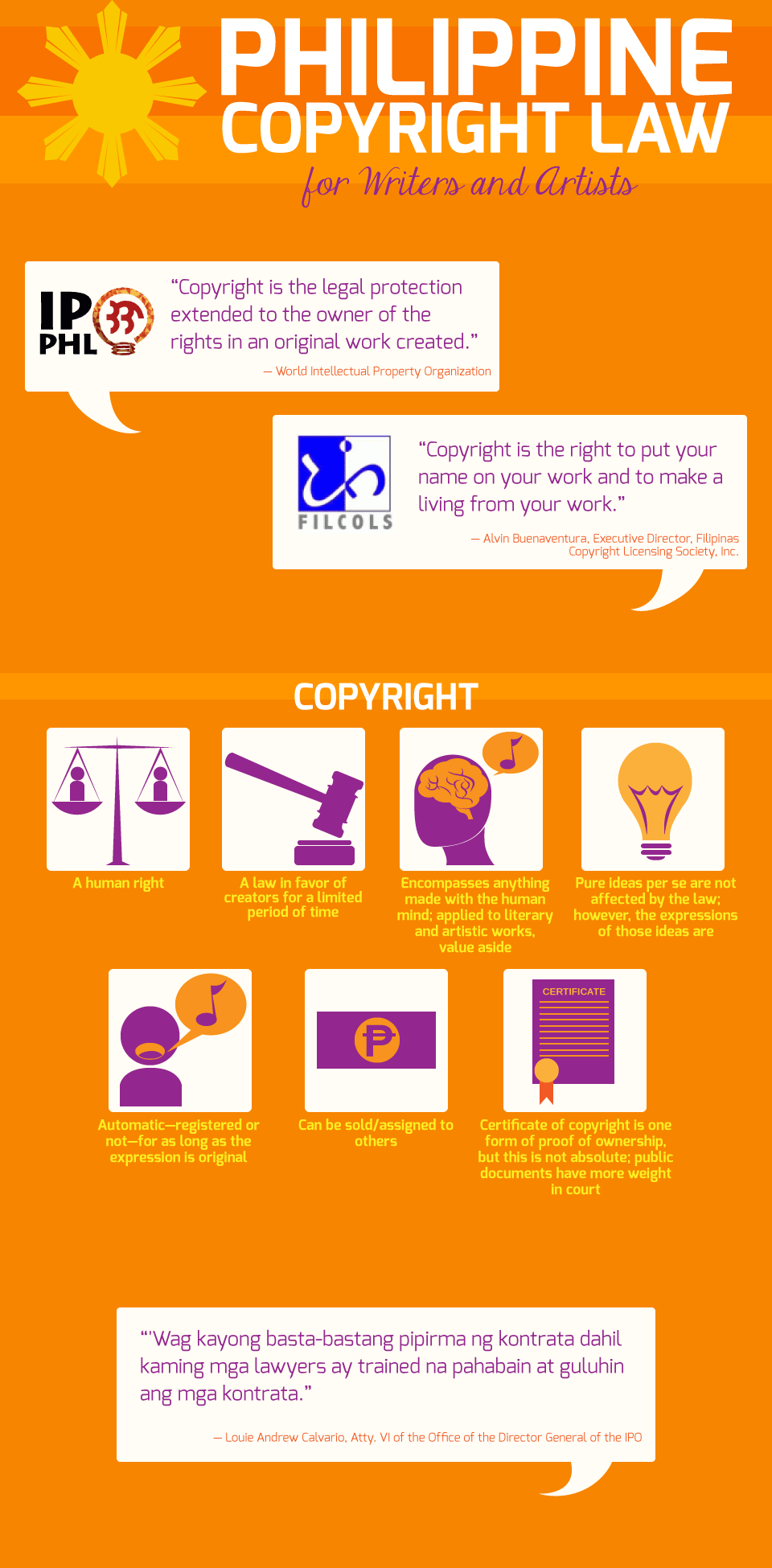ChatGPT Tells Delhi HC: Copyright Law Shields Creativity, Not ...
On Tuesday, the Delhi High Court heard a significant case where ANI Media Pvt Ltd accused ChatGPT, an AI-based language model developed by OpenAI, of copyright infringement. The case raises crucial legal questions about the application of copyright law to artificial intelligence. 
OpenAI, represented by its legal team, informed the court that copyright law protects the way something is created and expressed, not the underlying ideas or facts. Essentially, if something constitutes common knowledge or an idea instead of a unique creative work, it may not qualify for protection under copyright. Read more about the case here.
Legal Proceedings
The case was brought before the bench of Justice Amit Bansal. The court emphasized that it would consider the matter within the framework of the law as a whole, beyond technical details. After reviewing all submissions, the court scheduled the next hearing for May 16, 2025.
Senior Advocate Kapil Sibal, representing the Broadband India Forum, argued virtually during the hearing. He highlighted that there is no copyright on mere quotations under Indian copyright law. Sibal pointed out the distinction between ideas and facts, which belong to the public domain, and the expressions of those ideas.
Understanding Copyright Law
Sibal explained that the essence of copyright law is to safeguard "creation, not discovery." He contended that ChatGPT generates new content using statistical models without replicating ANI's style or language. The model relies on data from Microsoft's search engine beyond a specific training date, always citing the source. Learn about former OpenAI employees supporting Elon Musk's lawsuit here.

Regarding the training process of ChatGPT, Sibal admitted to data duplication but clarified that only non-creative elements like grammar, sentence structure, and factual information were replicated—none of which are protected under copyright. He illustrated that the model dissects sentences logically during training rather than copying them verbatim.
Technical Insights

Sibal delved into technical terms like "tokenization" and "vectorization," processes that assist machines in understanding human language without infringing on original content. He argued that these processes do not equate to copying or adapting another's work.
When asked about the potential application of 'fair use' to ChatGPT's usage of ANI's content, Sibal affirmed its legality. He stressed that even under fair-dealing regulations, ChatGPT's usage would stand legitimate. Furthermore, ANI failed to demonstrate any negative impact on its business or market due to ChatGPT's operations.
Concluding Remarks
Case Title: ANI Media Pvt Ltd v Open AI. Click here to access additional reports on the OpenAI case.



















